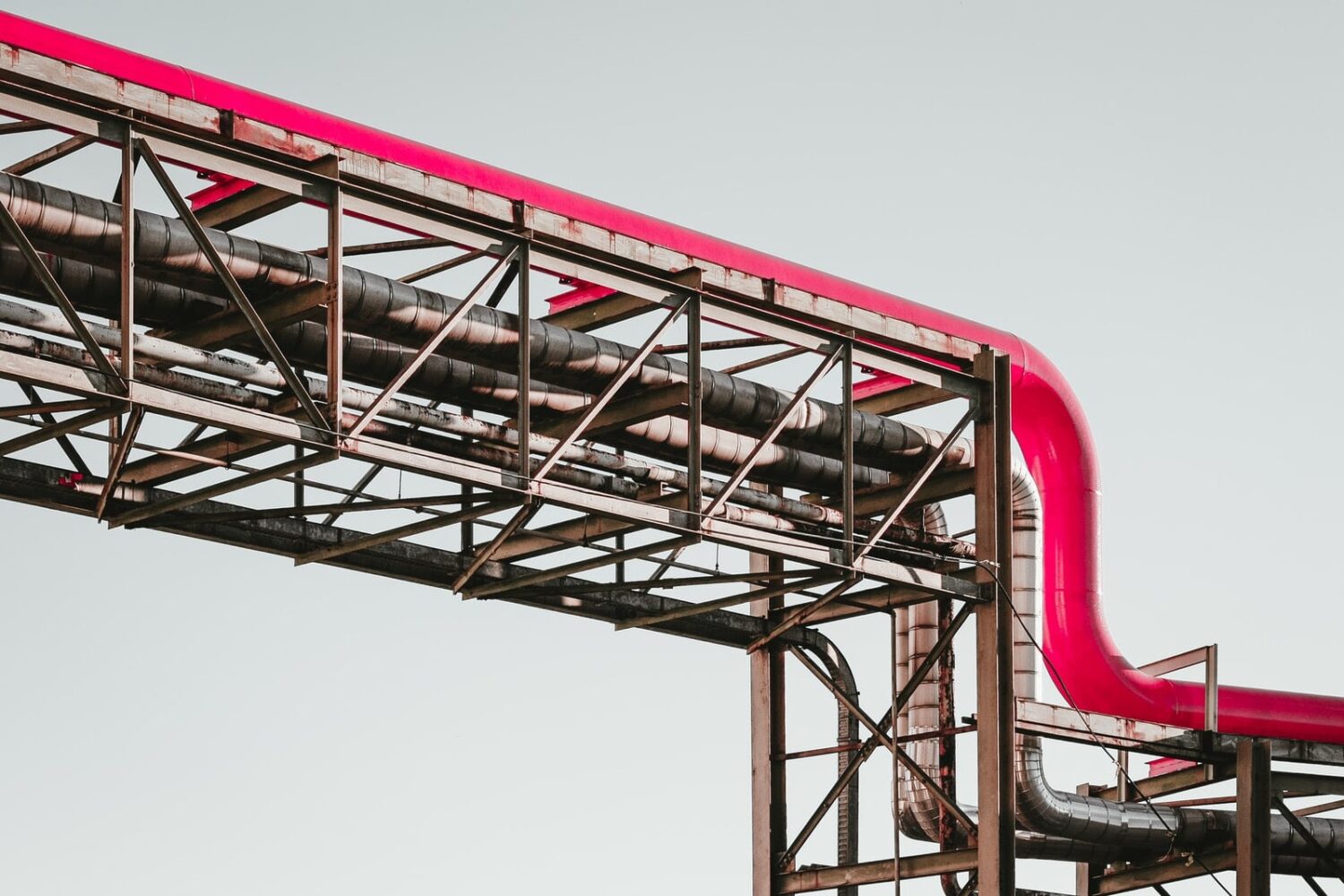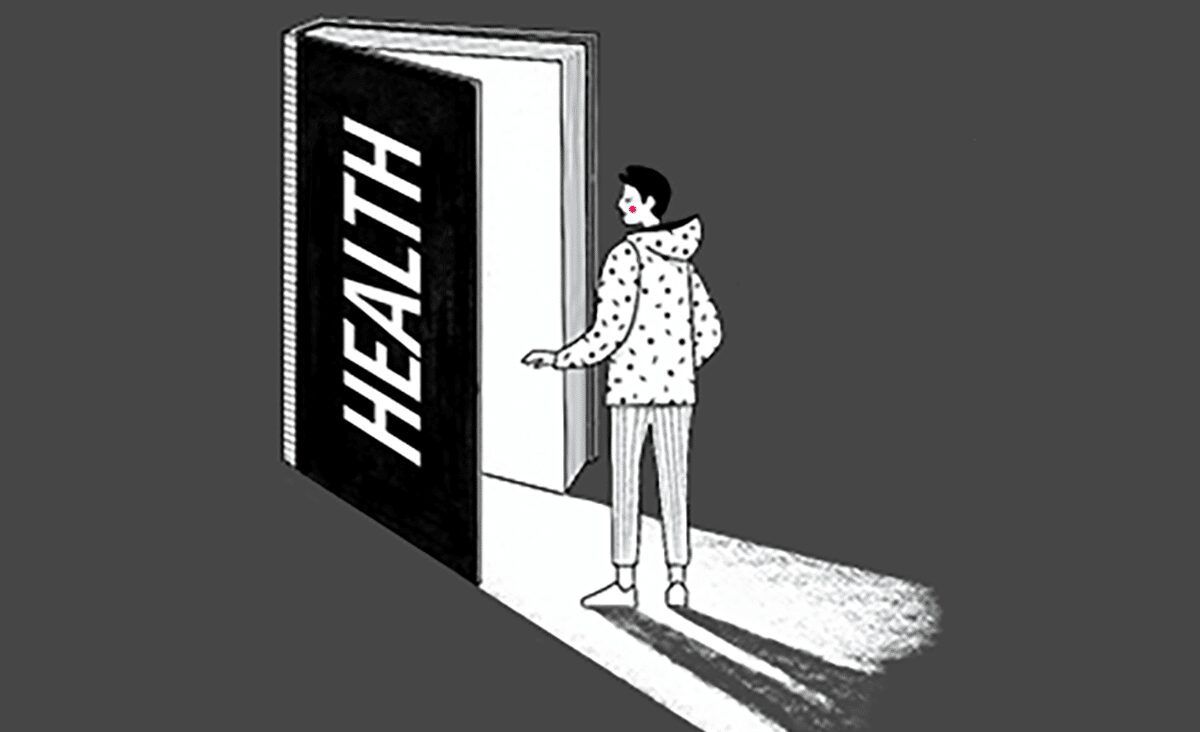The European Union is moving toward the joint purchase of natural gas and ensuring its storage facilities are nearly full to try to avoid another crisis tied to its dependency on Russian energy, officials said Tuesday.
The 27-nation bloc acknowledges it has been far too reliant on Russia for natural gas and oil and has been struggling to find the right mix of sanctions to punish the Kremlin for invading Ukraine while still requiring Russian fossil fuels.
Low levels of gas storage “brought us to big difficulties in January where we have been kind of scrambling for additional gas for European consumption,” EU Commission Vice President Maros Sefcovic said.
With energy prices high and supplies low, the EU is looking at its last crisis – the Covid-19 pandemic – as a blueprint. The member states joined up to buy vaccines in huge quantities for an equitable distribution.
The draft conclusions of the summit obtained by AP include that “with a view to next winter, Member States and the Commission will urgently … work together on the joint purchase of gas, LNG and hydrogen.” The details of such a deal would still need to be worked out.
The Commission is tabling a legislative proposal today, introducing a minimum 80% gas storage level obligation for next winter to ensure security of energy supply, rising to 90% for the following years. To address concerns about continued high energy prices, the Commission has also adopted a Communication setting out the options for market intervention at European and national level, and assessing the pros and cons of each option. The Task Force would be supported by Member States representatives in a Steering Board.
“I expect that this would be the approach which should be also endorsed by the heads of states and government,” during a two-day summit starting Thursday, Sefcovic said.
The Commission says it is ready to set up a task force on joint gas purchases at EU level that would be supported by member state representatives in a steering committee. A joint negotiating team led by the Commission would conduct talks.
“Europe should definitely use better its enormous weight, the scale of the European economy if it comes to the negotiating of energy prices,” Sefcovic said.
EU leaders already agreed in principle at a March 11 summit to phase out dependency on Russian gas, oil and coal imports by 2027.
The EU imports 90% of the natural gas used to generate electricity, heat homes and supply industry, with Russia supplying almost 40% of EU gas and a quarter of its oil.





